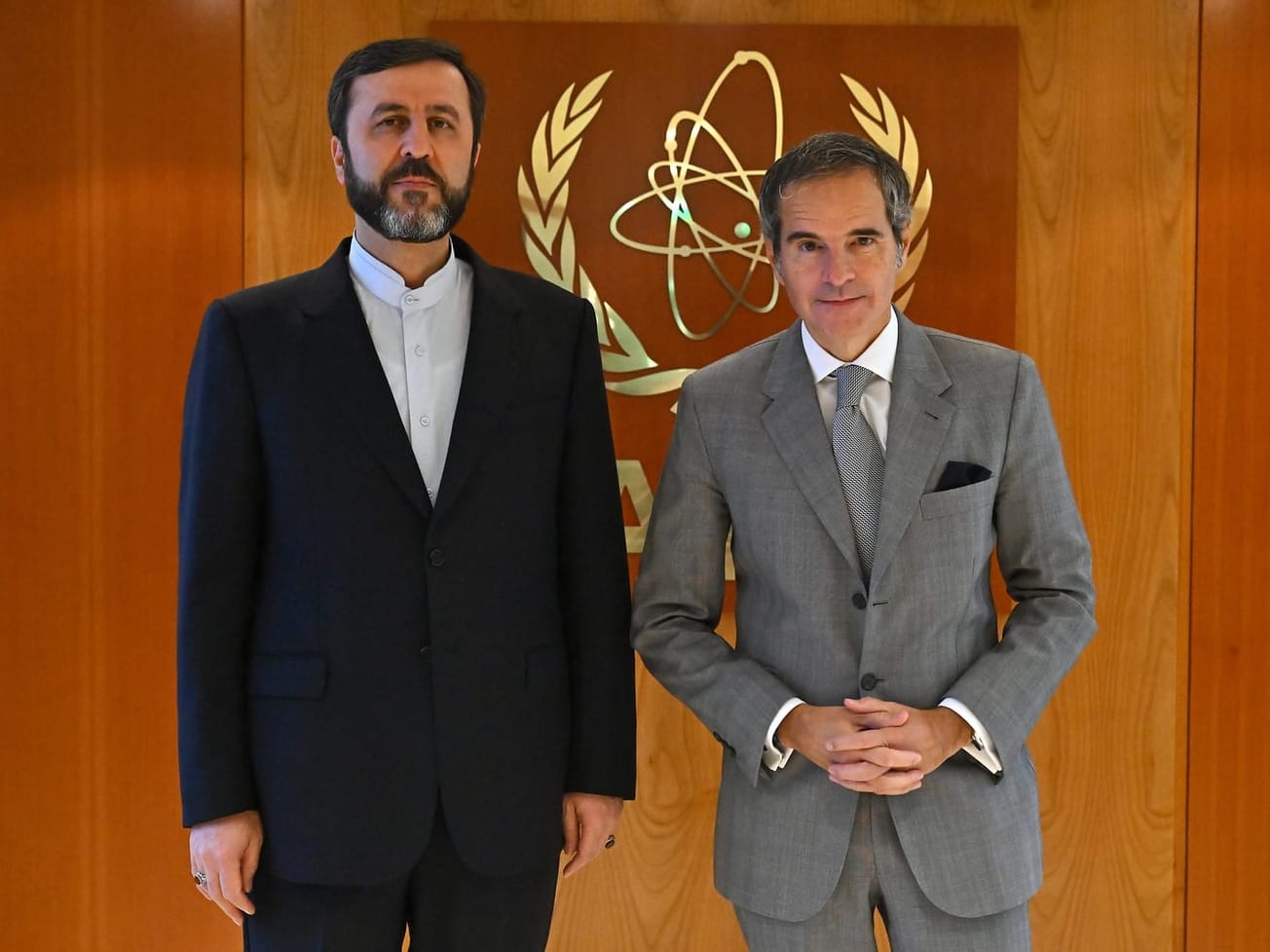Russian President Vladimir Putin signed a bill on Monday to withdraw from a key treaty — soon after U.S. President Joe Biden's administration abandoned it — that has helped to reduce the risk of conflict between Western nations and post-Soviet Russia.
The decision by the two adversaries to end their participation in the Open Skies Treaty, which has permitted mutual unarmed surveillance flights over the 35 nations that signed onto it, adds to the already considerable friction ahead of a scheduled summit between Biden and Putin on June 16 in Geneva.
Russia lashed out at the United States less than two weeks ago over its decision not to rejoin the treaty. "The United States has made another political mistake, dealing one more blow to the European security system," Russian Deputy Foreign Minister Sergei Ryabkov told Russian state news agency TASS. "We gave them a chance, but they failed to take it."
The Biden administration told Russia on May 27 that the United States will not rejoin the Open Skies Treaty, according to U.S. State Department officials.
The treaty, which took effect in 2002, a decade after it was first signed, was designed to prevent more misunderstandings that could lead to war. The United States has spy satellites, but the imagery from its surveillance flights over Russia has also benefited European allies that share borders with Russia and worry about its potential troop movements.
"The United States regrets that the Treaty on Open Skies has been undermined by Russia's violations," the State Department said in a statement to reporters.
"In concluding its review of the treaty, the United States therefore does not intend to seek to rejoin it, given Russia's failure to take any actions to return to compliance," it said. "Further, Russia's behavior, including its recent actions with respect to Ukraine, is not that of a partner committed to confidence-building."
More than 1,500 flights have been made under the treaty mainly to boost confidence in arms control accords. Its 33 remaining members are: Belarus, Belgium, Bosnia-Herzegovina, Bulgaria, Canada, Croatia, Czech Republic, Denmark, Estonia, Finland, France, Georgia, Germany, Greece, Hungary, Iceland, Italy, Latvia, Lithuania, Kyrgyzstan, Luxembourg, the Netherlands, Norway, Poland, Portugal, Romania, Slovakia, Slovenia, Spain, Sweden, Turkey, Ukraine and the United Kingdom.
A State Department spokesperson confirms the U.S. is quitting the Open Skies Treaty for good. pic.twitter.com/iq34mK4t1Z
— John Hudson (@John_Hudson) May 27, 2021
An 'artificial pretext'?
During his campaign, Biden criticized then-U.S. President Donald Trump for pulling out of the treaty, saying it was a short-sighted move that would "increase the risks of miscalculation and conflict." The Biden administration did not elaborate on the reasoning behind the president's turnabout in thinking.
In January, Russia announced plans to withdraw from the treaty two months after Trump abandoned it. Russia’s Foreign Ministry had cited a “lack of progress" in overcoming barriers to making the treaty work and criticized the "artificial pretext" in the former Trump administration's reasoning for the withdrawal.
Trump had blamed the U.S. exit on Russian treaty violations. Moscow denied the allegations and offered to stay in the treaty without U.S. participation if treaty members who belong to NATO did not share the information they collected on Russian overflights with their American ally. The offer was rejected.
Trump also allowed the Intermediate-Range Nuclear Forces Treaty between Russia and the United States to expire in 2019, ending a key plank of Cold War-era nuclear arms control and prompting fears of a new global arms race amid rising geopolitical tensions.
But in February the Biden administration restored some stability to nonproliferation efforts by extending the last remaining major U.S.-Russia nuclear treaty for another five years, two days ahead of its expiration date.
U.S. Secretary of State Antony Blinken announced the formal renewal of the decade-old New START Treaty that had been set to expire on February 5 would ensure there are “verifiable limits” on Russian intercontinental and submarine-launched ballistic missiles and heavy bombers until February 5, 2026. That treaty was extended without any changes made to it.
This article, originally published on May 28, 2021, has been updated with later developments.








